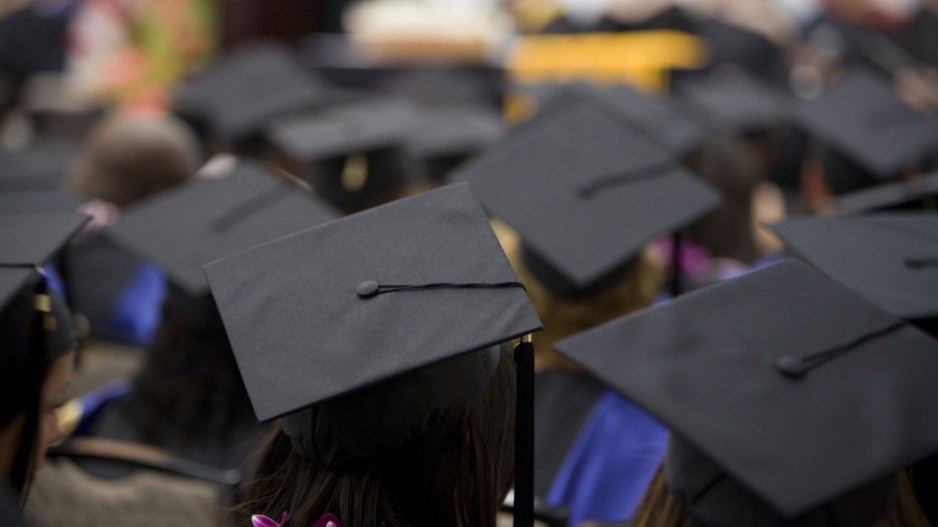British Columbia is on top when it comes to educational outcomes for Aboriginals, which means more employment opportunities both on- and off-reserve, according to a C.D. Howe Institute study released October 2.
In Why is BC Best? The Role of Provincial and Reserve School Systems in Explaining Aboriginal Student Performance, author John Richards argues that B.C. has taken more innovative approaches than other provinces – particulary Alberta, Manitoba and Saskatchewan – when it comes to education policies.
These policies, Richard said, have led to increased high-school completion in B.C. when compared with other provinces with high-Aboriginal populations.
The study found three factors that may explain B.C.’s superior outcomes for Aboriginal education:
- more comprehensive and regular monitoring of Aboriginal student performance in reading, writing and mathematics;
- incentives for provincial school districts to innovate and consult with local Aboriginal leaders; and
- the encompassing nature of First Nation institutions providing secondary services to reserve schools.
“British Columbia has made a consistent effort to improve its on-reserve and provincial school systems to tackle this problem over the past 20 years,” says Richards. “Other provinces can learn from the B.C. experience.”




